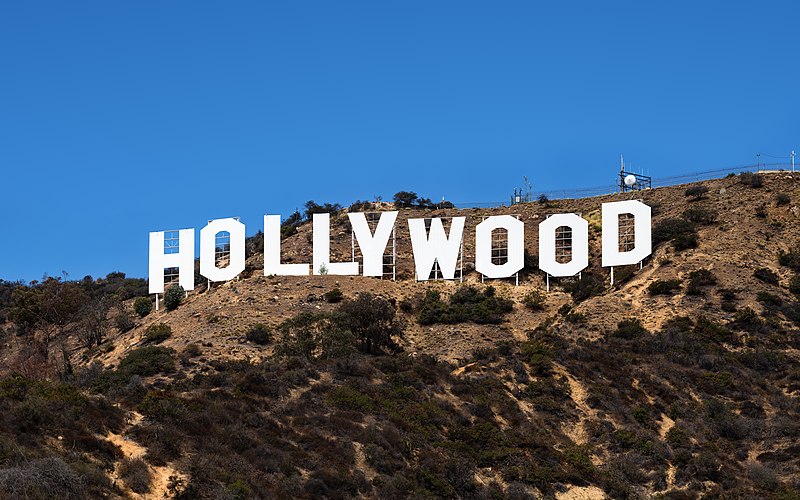
Since the Writers Guild of America two weeks ago voted overwhelmingly to strike on May 2 if an agreement wasn’t reached on new contracts with major Hollywood studios, efforts to avoid a shutdown have been ongoing, but at press time, fruitless.
When the WGA announced the results April 17, it emphasized the issues driving the union to seriously consider the first writers strike in 16 years: Outdated working conditions that don’t take into account the massive changes that have overtaken the TV and film industry since then, namely streaming and the changes brought on by the pandemic which diluted and blurred the lines between theatrical releases and streaming. Also of concern: AI, and the ability for new apps such as ChatGPT to create entire storylines with just a few mouse clicks.
“The survival of writing as a profession is at stake in this negotiation,” the WGA said in a statement “Driven in large part by the shift to streaming, writers are finding their work devalued in every part of the business. While company profits have remained high and spending on content has grown, writers are falling behind. The companies have used the transition to streaming to cut writer pay and separate writing from production, worsening working conditions for series writers at all levels.”
If an agreement is not reached by midnight PST, May 2, 11,000 WGA union members could walk off the job, shutting down TV and film production nationwide.
For its part, the studios have kept silent, letting the Alliance of Motion Picture and Television Producers do the talking for them, which in a recent statement, said that an agreement would be “mutually beneficial,” but “only possible if the guild is committed to turning its focus to serious bargaining” and “searching for reasonable compromises.”
Hollywood screenwriters have struck a half dozen times over the past century and they always seem to happen during so-called “inflection points” in the industry—for example in 1987, the industry was shut down for five months over renumeration for syndication and reruns amid the explosion of cable TV. A shutdown in 2007 served as a harbinger of the current impasse: concerns over payment for digital distribution, including DVDs, downloads and even the then-nascent and emerging streaming industry.
The existing contract between studios and the Writers Guild of America, sets minimum weekly pay for certain television writer-producers at $7,412. Unfortunately the costs of today’s high-end “peak TV” productions have skyrocketed, which means fewer episodes per season, making it harder for writers to determine how long they will be working on specific projects.
“We want enough money to make a basic living doing what we love, which is writing. Profits for the companies are up, the cost of living is up and payment to writers is down," WGA Board Member Raphael Bob-Waksberg told NBC News.
“Writer compensation needs to evolve for a streaming-first world,” Rich Greenfield, a founder of the LightShed Partners research firm told the New York Times.
The subject of residuals has been a particularly contentious issue. Before streaming, writers could receive a certain portion of revenues when shows were sold into syndication or on DVD, but in the current world of streaming, that source of income has dried up.
WGA estimates it would cost the studios approximately $600 million if their demands were met but media corporations are also looking to cut costs amid a softening economy.
In addition to money, the WGA would also like studios to do away with the so-called “mini room,” a process that reduces the number of writers to develop story lines and gives an inordinate amount of power to show runners. It also wants guideposts on the emerging use of AI.
The WGA defended its stance in a tweet on Sunday, taking the media to task for semantics.
"There's not a single member of the @WGAWest or @WGAEast who "want" a strike,” it said. “We'd kindly ask the press to not use that language. A strike would only occur if the studios lock us out at the expiration of our current contract in lieu of offering a fair and reasonable deal.”







